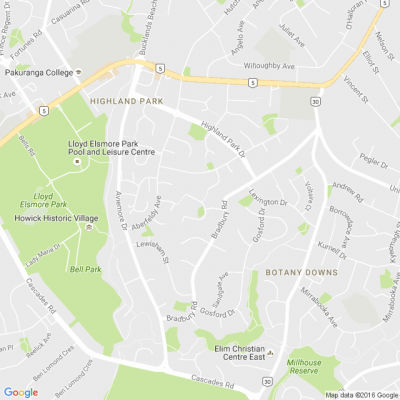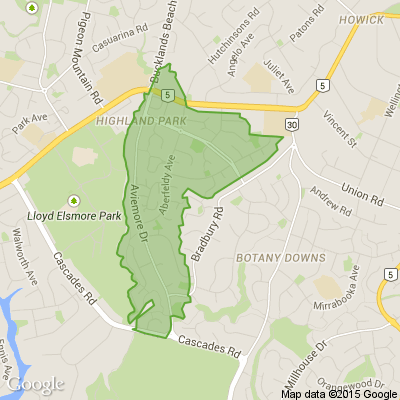Kiwisaver: Is 65 the most appropriate age to access your retirement savings?
Food for thought. Under the Kiwisaver system you can’t access your funds until 65 years of age, although there are exceptions such as first home buyers, those leaving the country permanently and applications brought about by hardship or sickness.
Statistics New Zealand indicate that the average lifespan currently is 79 for males and 83 for females (presumably not accounting for Covid 19) which suggests that you’re going to need those Kiwisaver funds for at least 15 years beyond 65. And you will need those funds; rest homes, retirement villages and the inevitable medical expenses aren’t cheap. For those lucky enough to own homes, liquidating those assets can contribute too, assuming you don’t mind spending the kids inheritance.
Some years ago my wife and I were talking about this subject. She is Australian and as such had the luxury of retaining the conditions of her Australian Super fund when she transferred to Kiwisaver, so she gets to access her savings at 60 rather than 65.
Then the conversation became a bit broader. We started thinking about retired friends and associates and their quality of life and here’s the thing - The number of healthy, happy octogenarians we know is way smaller than Statistics NZ suggest. In fact, as we recalled friends we’d known, it dawned on us that a significant majority had died between 63 and 67 years of age. So they either never retired or popped their clogs within two years of retirement.
Obviously there are exceptions. We know several people in their mid-eighties who are fit and healthy with a great lifestyle (two of our “aunties” can consistently outwalk/outrun us pathetic fifty -somethings, much to our embarrassment). At the other end of the scale, we both know people who have died suddenly and unexpectedly in their late 40’s or early fifties, largely due to previously undiagnosed health issues.
So is 65 really the appropriate age to access Kiwisaver? Do we want to be working at that age?
Our conclusions were to budget for semi-retirement at around 60 (we’re both professionals so can potentially gain part time or casual contracts to keep us occupied) and slightly reduce our Kiwisaver contributions to create a “living for today” fund, so as to be able to afford to travel/holiday, etc and create memories whilst we are still are healthy and able.
Your thoughts?
🧩😏 Riddle me this, Neighbours…
I am an odd number. Take away a letter and I become even. What number am I?
Do you think you know the answer?
Want to stop seeing these in your newsfeed? No worries! Simply head here and click once on the Following button.

Have you got New Zealand's best shed? Show us and win!
Once again, Resene and NZ Gardener are on the hunt for New Zealand’s best shed! Send in the photos and the stories behind your man caves, she sheds, clever upcycled spaces, potty potting sheds and colourful chicken coops. The Resene Shed of the Year 2026 winner receives $1000 Resene ColorShop voucher, a $908 large Vegepod Starter Pack and a one-year subscription to NZ Gardener. To enter, tell us in writing (no more than 500 words) why your garden shed is New Zealand’s best, and send up to five high-quality photos by email to mailbox@nzgardener.co.nz. Entries close February 23, 2026.

Howick Village Cultural Food Festival 2026
We’re just 11 days away from the Howick Village Cultural Food Festival 2026 - Saturday 7 March, 9am - 2:30pm - Picton Street, Howick
This is one you don’t want to miss: over twenty five food trucks, our iconic Saturday markets, and live performances from an array of local cultural groups. Mark your calendars and bring your family and friends along for an amazing event.







 Loading…
Loading…